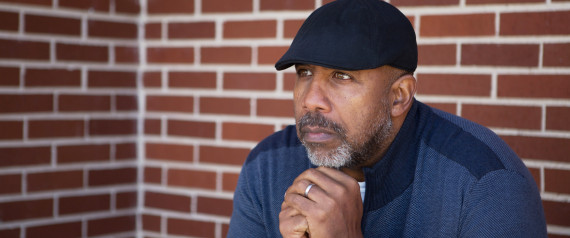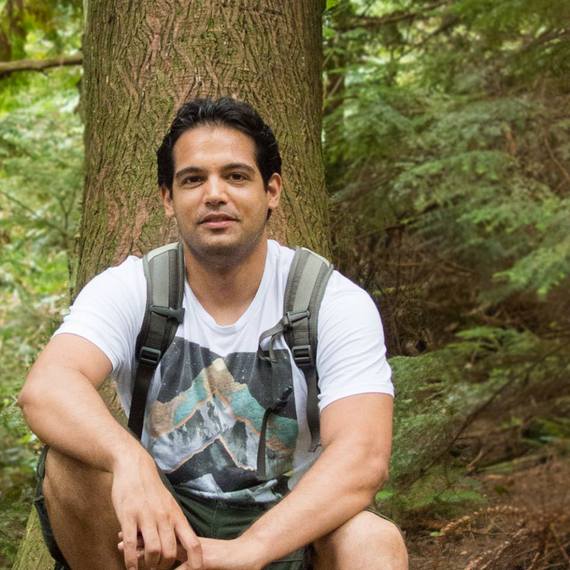Source: It’s Time To Get Men Talking About Depression | Joshua R Beharry
The WHO notes that women are affected more by depression than men (at least in terms of confirmed diagnoses), yet men account for 3-4 times the number of suicides compared to women. Depression is one of the leading risk factors for suicide.
Eight years ago, I didn’t know much about depression. Seven years ago, I wanted nothing more than to escape it’s pain, and I tried to take my own life. The worse part is, my story is not unique.
Depression is a devastating illness — it can become so painful that its victims can become convinced that there is no way out other than to take their own lives. The reality is that, particularly when left untreated, depression can kill. I’m lucky to still be here.
I, like many men, found depression too hard to talk about. When I began to realize something more serious was going on with my health, I was too ashamed to admit I needed help. All over the world, boys learn that men don’t cry, that men don’t ask for help, and that real men don’t need help anyway.
I suffered in silence for months until my symptoms — lack of sleep, low energy, low mood, and suicidal thoughts — became too much to hide from my family. I reached out when I thought I had hit rock bottom. But I had waited too long, and even though I had met with my doctor and started treatment, I got worse before I began to recover.
It wasn’t until I started working for a Movember-funded project at the University of British Columbia to create an online resource called HeadsUpGuys that I began to fully recognize just how much these male expectations — men don’t cry or show vulnerability, men don’t need help, men are supposed to be indifferent to pain — had influenced and restricted my recovery, almost to the point of costing me my life.
In other men’s recovery stories, I often hear my own story — guys too ashamed to reach out, guys not wanting to look weak. It’s heartbreaking to hear the same story repeated by so many men, but also inspirational to know others have been able to recover as well.
Now that I’ve become more open about my experiences, other men have come up to me — guys I’ve known for years — to tell me they know what depression is like, that they too have struggled. Half the time though, the conversation ends with “Josh, this stays between us.” Stigma around depression still exists. In order to really begin fighting depression, men need to break the silence and not feel ashamed for not feeling well. A few other things men need to understand include:
- Depression has nothing to do with personal weakness. Depression is a serious health condition that affects millions of men every year. It’s no different than if you develop diabetes or high blood pressure — it happens and we show our strength by building supports and working to get better.
- It’s okay to seek support. Sometimes we need an outside perspective for a different take on what might be contributing to depression. Consulting a professional who has knowledge of depression and treatment options is the smartest thing to do.
- Ignoring depression won’t make it go away. I used to think I already knew all the answers and that talking with someone wouldn’t be any help. I learned the hard way that this couldn’t be further from the truth. Often, things that seem like a huge deal in my mind weren’t as stressful when I talked about them more openly with a friend or doctor.
There are effective treatments for depression, there is no shame in seeking support, and there is no reason to wait. Thank you to the WHO and World Health Day for opening up this much needed conversation. Let’s keep it going.
Share this article to help a guy in your life who might be suffering but isn’t ready to seek
help for himself — recovery from depression is possible.


